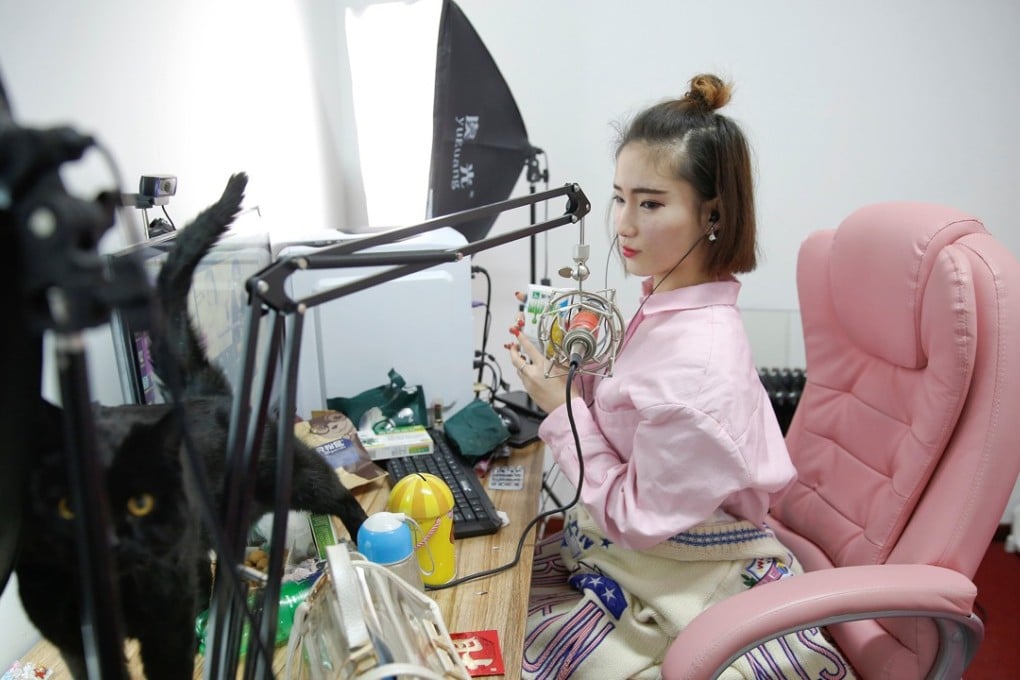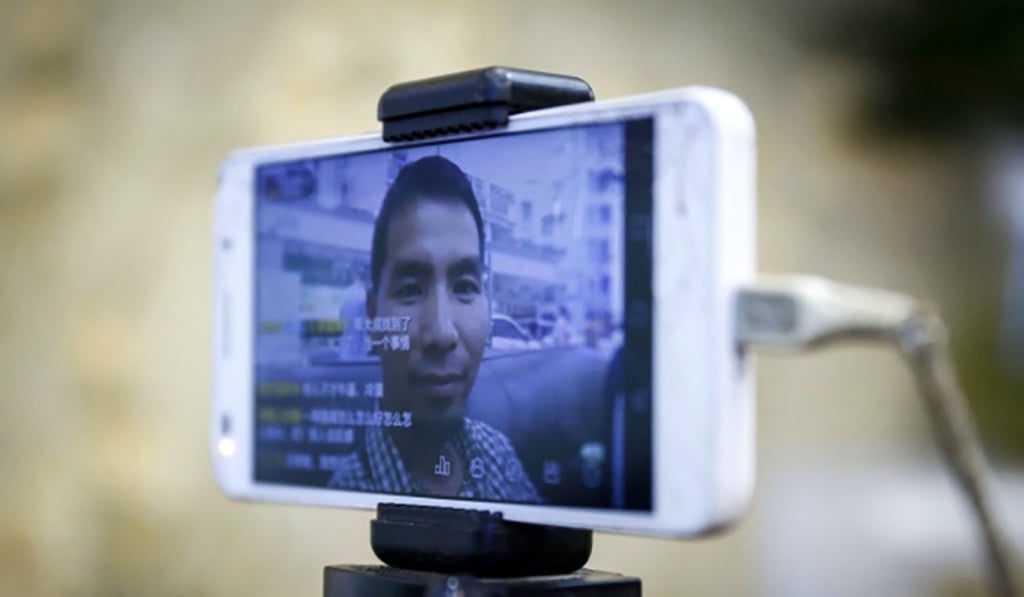China AI unicorn SenseTime launches automatic ‘touch-up’ tool for self-conscious live-streamers
Looking good and live-streaming go hand in hand in China

Beauty is in the eye of the beholder – or so the saying goes. Some people prefer tall and slender while others prefer short and cuddly.
Whatever your preference, in today’s image-conscious social media world people generally want to look the best they can, and that’s why SenseTime, the world’s most highly-valued artificial intelligence (AI) start-up, is offering a filter for smartphone cameras and live-streaming apps that can automatically touch you up.
Powered by AI-backed technology, the filter identifies different parts of a user’s body and face, and touches them up automatically to enhance their look – without distorting the background. The feature marks a major step up from existing products in the market that allow users to mainly “beautify” still pictures of faces and selfies, according to SenseTime.
“It’s a convenience feature – for example, imagine you feel like live streaming at 10pm but want to skip putting on make-up just for that,” said Li Xingye, SenseTime vice-president of internet and adverts business, at a product launch event held in Beijing on Wednesday. Li said the company will seek to embed the touch-up function into the live-streaming apps of major players via fee-paying partnerships.
Founded at the Hong Kong Science Park in 2014, SenseTime specialises in facial recognition and computer vision, and has positioned itself as a “platform company” for AI technologies. Known for providing AI-powered surveillance software for China’s police, SenseTime said it achieved profitability last year on the back of selling AI-powered applications for smart cities, surveillance, smartphones, internet entertainment, finance, retail and other industries.
